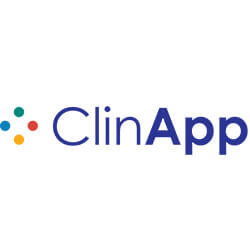TG-OUT: Temporal outlier patterns detection in Twitter attribute induced graphs
Abstract: Given a node-attributed network of Twitter users, can we capture their posting behavior over time and identify patterns that could probably describe, model or predict their activity? Based on the assumption that such posts are topic-specific, can we identify temporal connectivity patterns that emerge from the use of specific attributes? More challengingly, are there […]
TG-OUT: Temporal outlier patterns detection in Twitter attribute induced graphs Read More »






